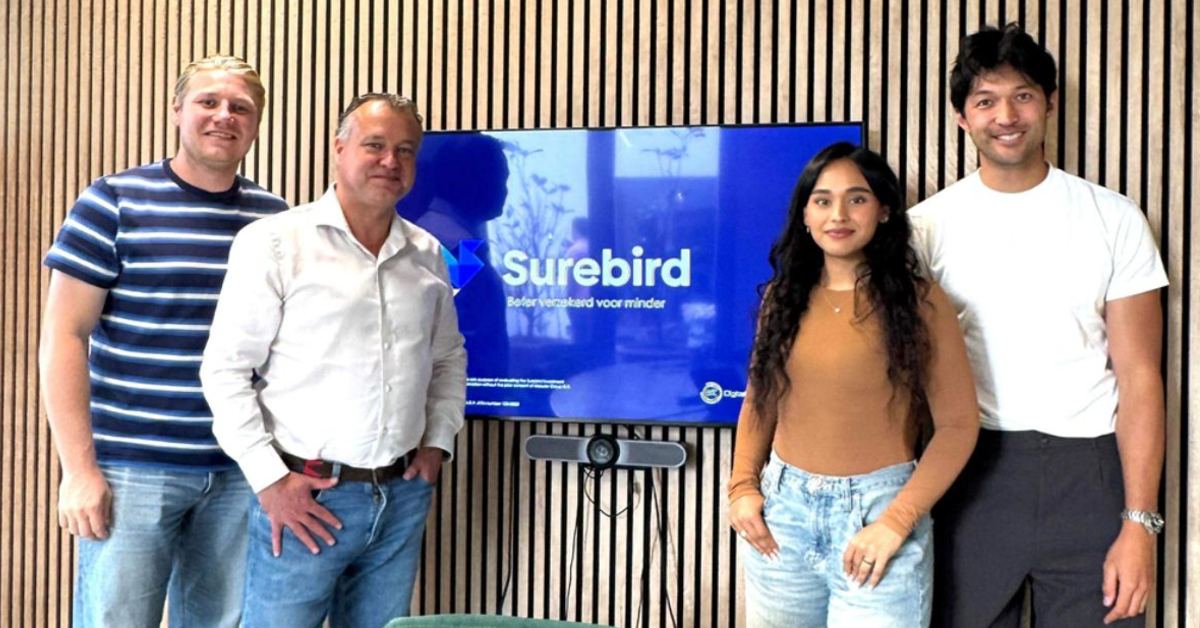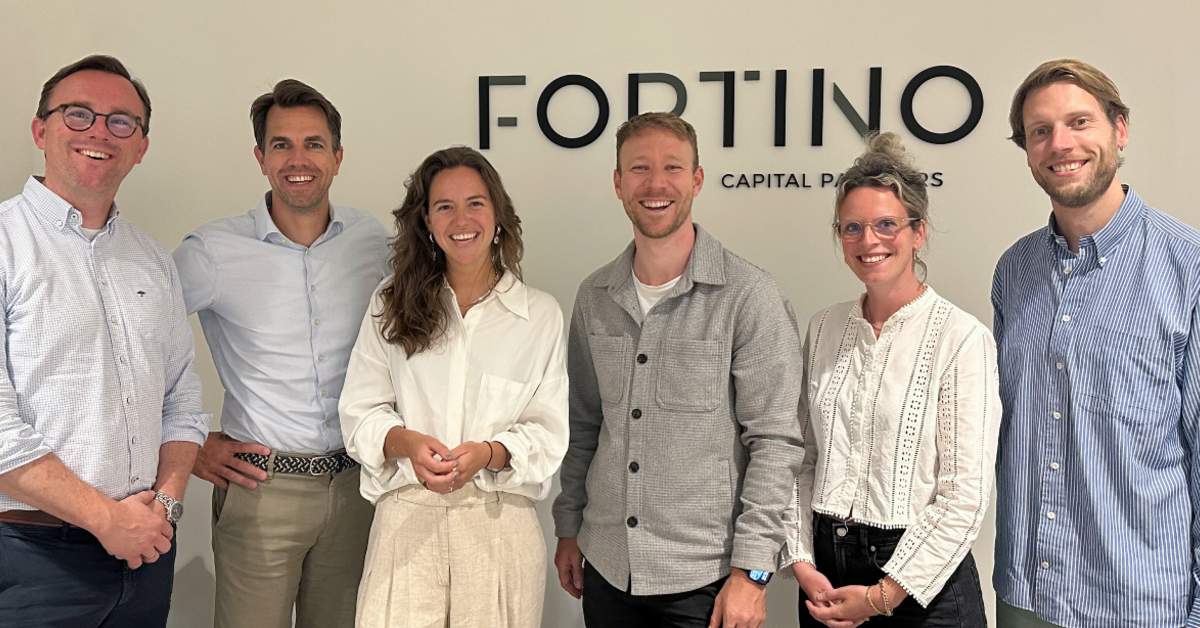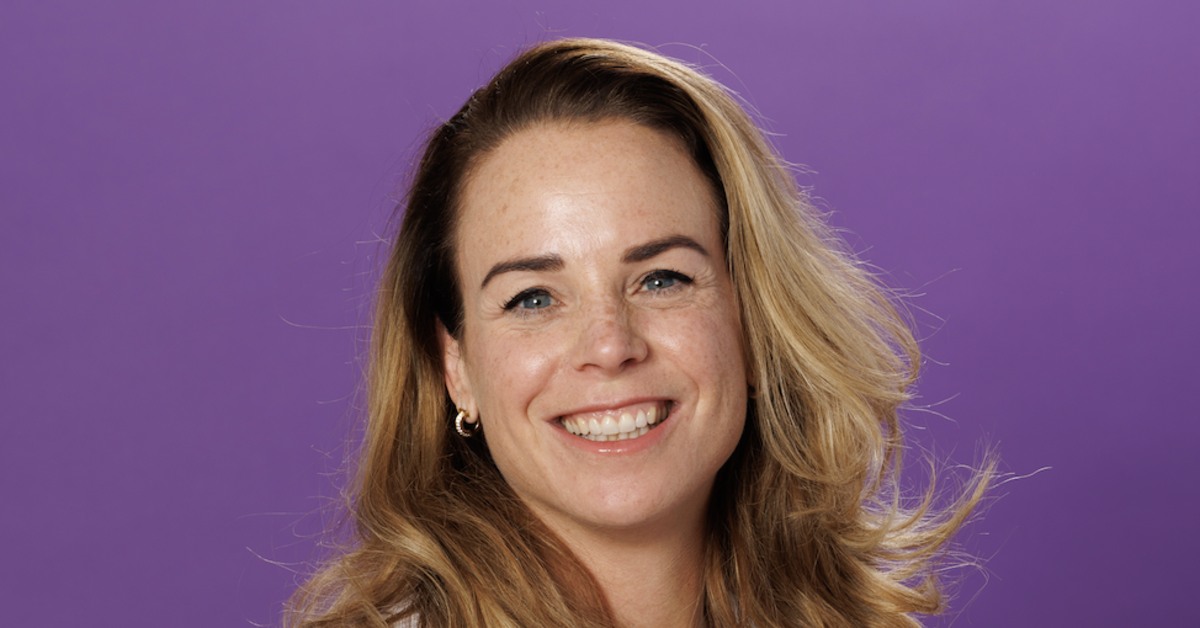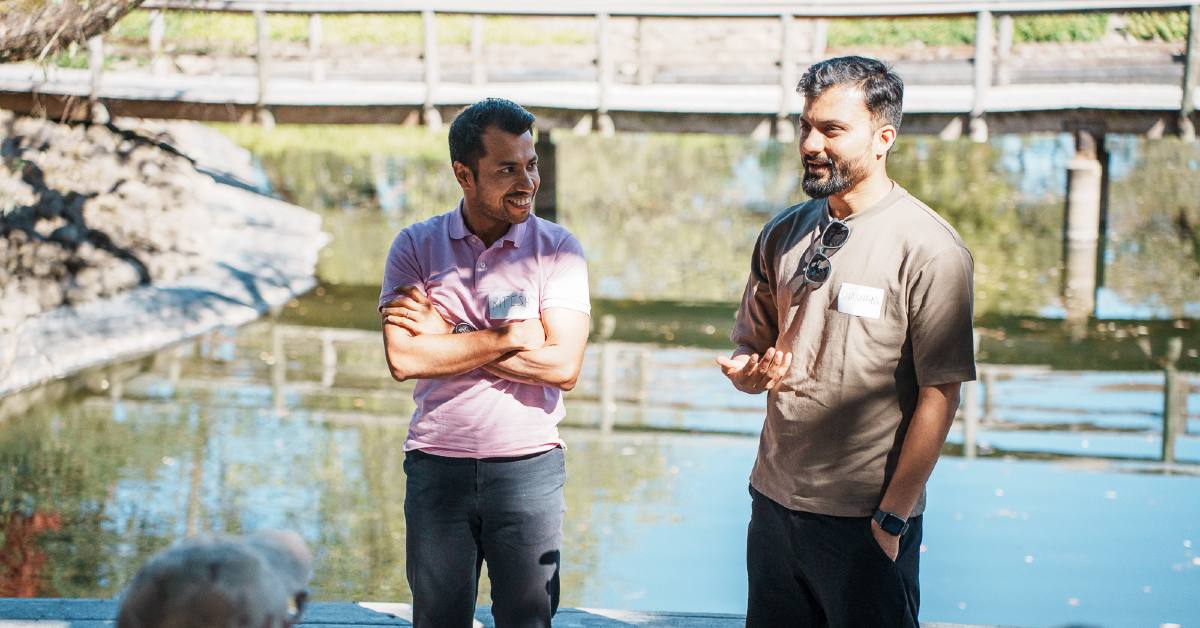The fairest, most sustainable smartphone comes from Amsterdam. Fairphone has been proving that consumer electronics do not need to have a terrible impact on the world around us since 2013. With their recent launch of the Fairphone 3+, an upgraded version of their modular Fairphone 3, they keep striving for a better world. Fairphone founder Bas van Abel is eager to tell about the steps the Amsterdam-based smartphone maker made in the past years. But he also points out the real change has to come from all of us: the people buying stuff.
Fairphone 3+ launched as new phone or upgrade
One of the selling points of the sustainable smartphone maker has always been that their phones will last for a long time. They do so by making them extremely repairable, bagging a perfect score at repair guru’s iFixit, as well as promising five years of software support. Not launching a new phone with small upgrades, just to get people to ditch their old ones was the point of Fairphone. So how did the launch of the Fairphone 3+ go down with the loyal community?
Read more: What’s new in Fairphone 3+?
“Before the launch we had some critical supporters saying a new device would be against our philosophy,” says Bas van Abel. After stepping down as CEO in 2018, he stayed at the company on the board of directors and is still involved in building the brand. “But after the launch we had a lot of positive feedback”, continues Van Abel. He gleefully points to a review in international newspaper The Guardian, which gave the new Fairphone the maximum score of five stars. Tree and a half for the device, the remaining one and a half for the story and the philosophy. Van Abel: “Techcrunch also had a nice one, saying you could basically buy a new phone for €70.”

This relates to the upgraded camera unit of the new smartphone. The Fairphone 3+ differs from its predecessor in two important ways. It uses more post consumer plastic. Of all the plastics in the device, 40 percent is now recycled. Second upgrade is the camera, which is now a 48 megapixel unit on the back and a new 16 megapixel camera facing the front. Owners of an original Fairphone 3 can upgrade their device for €70 to a 3+. Further, they swapped the new camera in a pinch: the device is modular and upgrades like changing a camera can be done by anyone with opposable thumbs.
Developing hardware during a pandemic
According to Van Abel, making smartphone components that are interchangeable by the users is challenging. To add to that, Fairphone was developing new hardware in the time when the world suffered a global pandemic and had to partially shut down. Lucky for Fairphone, they had enough practice, says Van Abel: “Because of COVID-19, people realised the world is very much connected. We already experienced that while making our previous phones. A smartphone consists of over 1200 elements, coming from thousands of factories. We learned to work with the capriciousness of the supply chain. We raised capital to build up stocks so we could compensate for delays. Our previous experiences made us better prepared.”
Stay up-to-date: Read all our COVID-19 coverage here
On the side of sales, Fairphone hasn’t been hit quite as hard as well. It is too early to tell anything about the pre-orders of the new device. But the Fairphone 3 has been selling steadily, according to Van Abel. “We didn’t really notice the pandemic, except for the period when the stores had to close. The loss in purchasing power due to the crisis is partially compensated by the fact that it makes people more thoughtful of where their products come from. More people would rather buy from a company where they can see where everything is coming from. We are not one of those companies that suddenly sell a lot more due to corona, but it cancels each other out a bit.”
Fair ingredients for the modern world
The Fairphone 3+ is not the only announcement the company has done. 2020 has seen a steady stream of smaller and bigger news coming from the sustainable manufacturer. They started offering accessories (a partially modular headset), a new operating system (Fairphone 3 supports the privacy friendly /e/OS) and most importantly: progress in their quest for a fairer supply chain. In June they announced they had set up a Fair Cobalt Alliance, in which major parties like cobalt suppliers Huayou and Glencore joined forces to improve working conditions along the supply chain from the mines all the way to the market.
It’s been a long time coming for Van Abel. He says one of his first foreign trips for Fairphone, before they even made a phone, was to the Democratic Republic of the Congo (DRC) for this particular purpose. Van Abel: “The price of cobalt has exploded, because it is used in batteries. The demand is huge, but there are not enough recycled resources. The artisanal mining industry has thousands of children working. Our energy transition is partially powered by child labour. It’s great that we’re moving to more sustainability in our use of energy, but the ingredients are not fair. The alliance is a great example in how we can move large companies.”

Behind the scenes, other larger companies are also influenced by Fairphone. Sometimes, unwittingly, says Van Abel: “We have a lot of contact with Apple and we share parts of the supply chain with them. We managed to switch a factory to fair trade gold a while back. Apple also bought printed circuit boards there. I’m pretty sure there are iPhones out there containing fair trade gold, without Apple knowing.”
Changing an attitude
It might however take a while before Apple or similar large tech companies adopt Fairphone’s approach to fairer electronics. The solution does not start with Apple, says Van Abel: “We all want a thinner phone, right? And then we are surprised that we have to send it back when a small thing is broken.”
Sustainability is not without compromises, says Van Abel. “Yes, a phone will be slightly thicker when the battery is replaceable. But that does mean you don’t need to buy a new phone once the battery is at its end of life. So it’ll be cheaper for you. The solution to the whole problem lies with us, the people that buy stuff. Buying new stuff starts with someone with a spade in the DRC. Once you realise that, you’ll see how special it is that we can turn a bunch of rocks in a small computer or smartphone.”
This article is produced in a collaboration with StartupAmsterdam. Read more about our partnering opportunities.










01
From telecom veteran to Dutch Startup Visa success: The Jignesh Dave story